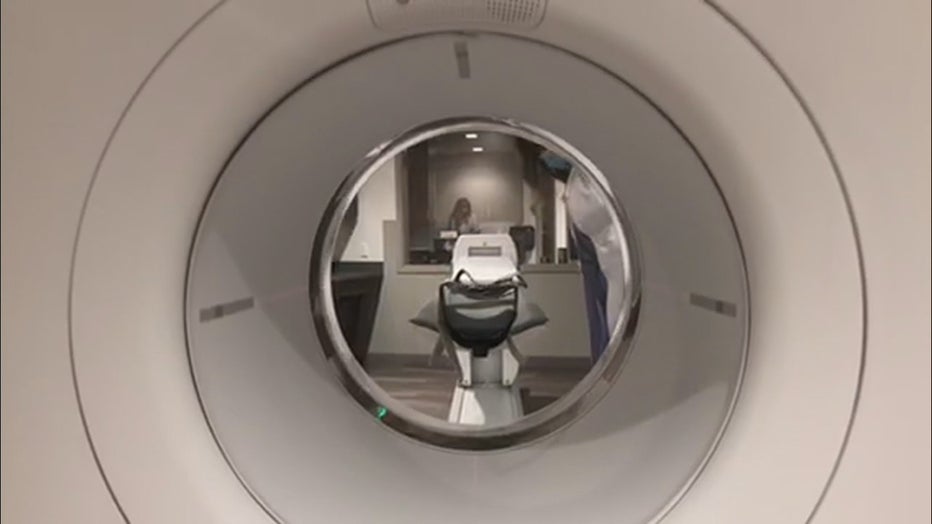Fort Worth medical school investing $7M to study Alzheimer's disproportionate effect on African Americans

Fort Worth medical school investing $7M to study Alzheimer’s disproportionate effect on African Americans
The University of North Texas Health Science Center at Fort Worth is making a multimillion-dollar investment.
FORT WORTH, Texas - The University of North Texas Health Science Center at Fort Worth is making a multimillion-dollar investment.
The medical school is adding a thousand African American North Texans to its study on Alzheimer's disease.
Noticeable changes with Racine Collins of Fort Worth started happening in 2007. Her daughter Delisa Cooper recalls a trip they were planning. Collins was supposed to visit her in Arizona.

“I planned it,” Collins said. “I was getting ready to buy the ticket and all of a sudden she was like, ‘What are you talking about? I never said that.’ That was 2007.”
Today, Collins lives in a memory care facility in Mansfield. She is one of millions of African Americans with Alzheimer’s disease, the ethnic group in which people over 65 have the highest prevalence of the disease. They are followed by Hispanics and non-Latino whites. The reasons why are unknown.
But the University of North Texas Health Science Center is hoping to change that.
An announcement Wednesday revealed the medical school will invest $7 million for the extension of a current study on Alzheimer’s.
HSC doctors will recruit 1,000 African American North Texans 50 and older to undergo free exams, MRI and brain scans to study biomarkers of the condition.
“The participants won’t be just contributing to science,” said HSC President Dr. Michael Williams. “But at their request, we will share the results with their healthcare providers so that together they can help make important decisions about their healthcare right now.”
Commissioner Roy Brooks, whose mother passed away of complications of Alzheimer’s, is promoting the study.
“If you know someone who could benefit from this research study, I encourage you to take steps to find out if they qualify,” he said.
The goal is to make breakthrough discoveries about Alzheimer’s and its prevalence in African Americans while helping to empower families like Cooper’s.
“I think a study is long overdue,” Cooper said.

